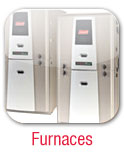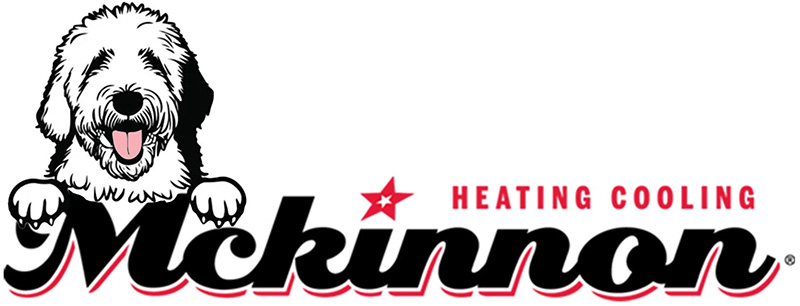 Usually the price of each heating/cooling source is what dictates a homeowner’s choice; but, the differing levels of efficiency between the three should also factor in the decision.
Usually the price of each heating/cooling source is what dictates a homeowner’s choice; but, the differing levels of efficiency between the three should also factor in the decision.
While oil and gas are plentiful their prices have risen drastically in the past years and are further subject to market prices. By contrast, electricity, like gas, can be costly but it is still cheaper than oil in certain applications, and controllable via a thermostat to individual rooms.
For those wishing to pursue electricity or gas, Toronto offers the HELP program. It offers low interest loans to those looking to upgrade appliances and home fixtures to become more fuel efficient.
Canada is a major producer of electricity, accounting for 60% of production. While Canada is pushing for cleaner, ‘greener’ air standards, and electricity falls short of many of these benchmarks, it is commonly known to be cleaner, cheaper, and more user friendly then oil.
While many homes, especially those built before 1970, come equipped to burn oil, it puts nearly 160 pounds of carbon dioxide in the environment per British Thermal Unit or BTU. However, natural gas is often deemed the best and most efficient for Toronto homeowners.
But, many homeowners believe gas to be the best despite higher prices. While it is mass-produced in provinces such as British Columbia and Saskatchewan, much of the cost is derived from shipping and delivery. Yet, despite being considered a clean burning fuel, the City of Toronto is phasing gas usage and production out as part of its goal to reduce carbon emissions by 80% by 2050.
Part of this goal is offering residents low interest loans to upgrade heating and cooling sources such as furnaces and boilers, air conditioning units, appliances such as water heaters and toilets, and to fix things such as leaking windows and a lack of insulation in walls and attics.
But, before you can secure a POA, or Property Owners Agreement, there are a few things you must have in order before the city will approve you:
- Completion of Pre-Application form that detail the repairs to made. After submission the bank will reveal how much money it will release. This amount will include funding charges, administrative costs, and interest. Together these cannot exceed 5%.
- Signed form by mortgage lender if home is mortgaged. The bank will supply this form.
- Home assessment by an Energy Advisor and itemized list from both a certified contractor and Energy Advisor detailing all needed improvements and costs.
- EnerGuide score between 0-100 and information on options and discounts.
- Complete a Funding Request Form.
Once all these conditions are met you will receive your POA. Then you will receive allotments of 10% to start on your retro-fitting and renovations. Once repairs and replacements are complete you must submit another form to the bank detailing the improvements and an updated assessment by EnerGuide.
The HELP program aims to reduce the high levels of energy costs and emissions for all future and current residents of Toronto. While electricity is economical and efficient, natural gas is the preferred method of home heating and cooling. However, the city aims to become totally reliant on renewable energy source, such as solar, by the year 2050.

